Medicine EmergingBy addressing root cause, rather than symptoms, practitioners become oriented to identifying the complexity of disease. They may find one condition has many different causes and, likewise, one cause may result in many different conditions. As a result, Functional Medicine treatment targets the specific manifestations of disease in each individual.
QUESTIONS
Our Australian Healthcare system is considered to be one of the best in the world, it came shy just after the U.K. Second best. Countries that provide their citizens with universal healthcare not surprisingly, sit at the top of the list. The USA with its failing and ailing system came at the 11th hour, just making it. Our Aussie system offers generally really good healthcare to all Australians.
That being said; there are a few factors that hinder our wonderful health care system:
Vaccines. Anesthesia. Penicillin. Bypass surgery. Decoding the human genome. Unquestionably, all are life-saving medical breakthroughs. But one breakthrough that will change the face of medicine is being slowed by criticism, misunderstanding, and a reluctance to do things differently. That breakthrough is value-based care. - Toby Cosgrove, Harvard Business Review CURRENT SYSTEM
Globally, If feels like medicine is finally emerging from the stupor of teenage-hood.. what with reckless behaviour in its past (performing lobotomies on women in the 1950s), and a new found awareness of the consequences of its actions in the present (handing out antibiotics like they were candy, is all over), medicine is finally growing up. But just like any evolving young adult where the frontal cortex may be finally finished its long-awaited construction, it will take years of practical actual practice and varied degrees of success depending on the environment & previously acquired conditioning, to determine which of these "teenagers" will end up on top of their game and which will be fumbling in the dark. Those that seek and receive support and implement change systematically with a clear plan, will be more likely to survive than their counterparts.
As mentioned by James Maskell in part one of this special feature, the US is a fertile ground for change in Medicine specifically because how messy the system is. Aussie practitioners and consumers are less likely to want to make hefty changes, and this is mostly due to the ease of access to services and comfortability of the system. BUILDING VALUE BASED CARE
Toby Cosgrove in The Harvard Business review covered value based care back in 2013: “Vaccines. Anesthesia. Penicillin. Bypass surgery. Decoding the human genome. Unquestionably, all are life-saving medical breakthroughs. But one breakthrough that will change the face of medicine is being slowed by criticism, misunderstanding, and a reluctance to do things differently. That breakthrough is value-based care”
"I can make diseases disappear" The wonderful Rangan Chatterjee starts his popular Ted Talk with this sentence.
THE PROVIDER + THE MICROPRACTICE
Sounds pretty wild what he’s claiming but not only has his talk been listened to over 600,000 times, BBC UK is already in its second series following Dr Chatterjee around seeing how his approach to healthcare is changing the lives of his patients, using Functional Medicine style interventions first - spending a considerable time investigating the upstream causes of disease, before deciding on a course of action.
Another place people get information about health and healthcare is from the media. As you will hear on the podcast Pilar Gerasimo discusses the impact of the media, in informing and misinforming the public on healthcare and medicine, leading to further confusion for the consumer. Pilar Gerasimo is founding editor of Experiance Life, an award winning whole-lofe health and fittenss magazine that reaches nearly 3 million people across the USA. Speking at a Functional Forum confernec on the Evolution of Primary Care Panel back in May 2017. Patient Zero On the podcast, we will be hearing from four health care providers on the topic of what is now coined Patient Zero - that is that the physician or practitioner themselves become a patient and get to experiance the health oriented appriach and what it is like on the other side of the table. Naturopathic Doctor and Director of Medical Education at the Institutre for Functional Medicine Kristi Hughes highlights the importance of physican work-life balance. Australian GP Dr Tom Rolley asks the question - can a GP be unhealthy? Dr Sachin Patel models healthcare through his own health and Dr Thomas Salt, talks about operating as Micropractice and the essence of being a healthcare practitioner. DEPRESSION IS NOT PROZAC DEFICIENCY
Dr Mark Hyman
Depression can be caused by many things, many of them easily treatable. The current system of medicine operates as a disease management system, which under its care, depression is treated with either psychology or prozac or both. Yet a psychologists' appointment cannot cure a vitamin D deficiency and prozac does nothing for finding the upstream cause of the patients symptoms. In acute care, when we focus on the problem at hand (a heart attack, severe asthma, car accident patients etc), we are doing the right thing. We are looking at the problem at hand and fixing it with the immediacy it deserves.
In primary care, when we focus solely on disease, its symptoms and manifestations and how to curb/manage/mitigate these symptoms - we are neglecting the very causes that created the disease in the first place and we end up accumulating dust under the rug. Functional Medicine does Chronic Disease better. It looks at the root cause or upstream source of disease rather than attempting to nearly manage symptoms, or manage disease. It is also proactively involved in health promotion, health creation and health maintenance. Practitioners take into account everything that is going on for the patient, as well as treating organ imbalances and disease as part of a whole system, not just within the system of that organ. See the tables below for further clarity. WHERE TO FROM HERE / THE THIRD OPINION
Dr Mark Hyman distills the essence behind the principles of Functional Medicine, you can read and watch the video at www.ifm.org/functional-medicine/ Dr. Hyman is a practicing family physician, a ten-time #1 New York Times Bestselling author, and an internationally recognized leader, speaker, educator, and advocate in his field. He is the Director the Cleveland Clinic Center for Functional Medicine. He is also the founder and medical director of The UltraWellness Center, chairman of the board of the Institute for Functional Medicine, a medical editor of The Huffington Post, and was a regular medical contributor on many television shows including CBS This Morning, Today Show, Good Morning America, CNN, and The View, Katie and The Dr. Oz Show
As discussed in part one of this 2-part special feature, I am exploring The Changing landscape of Medicine around the world and how Australian physicians and consumers are inspired to ask better questions about our healthcare system.
Doctors and practitioners around the world are finding new ways to practice medicine in a sustainable patient-centred and health oriented way. Those that have taken the leap can attest to the success of their approach and are seeing change in their patients and the systems around them. It would be virtually impossible for a huge system like the current medical system to change overnight, in fact it may never change to incorporate the changes it really needs to be sustainable. James Maskell, whom i was very fortunate to interview recently on his trip to Australia and who is featured throughout part one and two of this special feature, often quotes the wonderful Bucky Fuller with his insightful: “You never change things by fighting the existing reality.
In Australia Functional Medicine is slowly catching on as more people hear about it, more consumers are looking for physicians and other healthcare practitioners that practice Functionally and physicans and practitioners are reassessing the way they deliver healthcare.
Responsibility in reinventing healthcare to be the glorious sustainable and equitable service we all want it to be lies in all our hands - from the institutions that train healthcare professionals, to the governments that design and build them, to the consumers that inform and use these services, and beyond. Revisioning Medicine is a humankind project - taking into account everything we have learned and believing we can do better. We ALL need to start telling the new story of healthcare. As Yuval Noah Harari stated in his Sunday Times bestselling book; Sapiens: A Brief History of Humankind; “The ability to create an imagined reality out of words enabled large numbers of strangers to co-operate effectively. But it also did something more. Since large-scale human cooperation is based on myths, the way people co-operate can be altered by changing the myths – by telling different stories”. To change something, build a new model that makes the existing model obsolete.INTERVIVIEWEES / APPEARING IN THIS EPISODE
COPYRIGHT PBB Media, Annalee Atia 2017
LINKS, CITATIONS AND FURTHER INFO
0 Comments
We are excited and honoured to be sharing the following article with our readers. We have been following Marion's work both professionally and personally for several years now and love her positive and truthful support for mothers and families. Marion Rose, Ph.D has thirty years of experience in studying consciousness, including a Ph.D. on the mother-infant relationship from Cambridge University. She has loads of free and paid resources on her website to help with that! Marion has written a book and created a special course on Willingness, both will be out soon. In this article, I'm going to talk about the links between a child's willingness, The Willingness Practice, Aware Parenting and Nonviolent Communication. WHAT IS WILLINGNESS? The easiest way to experience your willingness (and unwillingness) is first of all to connect with something tangible that you want to do, have or be. For example, you might want to do some yoga today. THEN ask yourself, "Am I willing to do some yoga today?" And then, with RADICAL SELF-HONESTY, listen to the answer. A YES is a full, whole body YES, with a tone that resounds through your whole body, and you might find yourself smiling. A NO is clear too! And you might say "yee...s", but it's not a full, certain yes. It's you wanting to say yes. You can feel in your body that it isn't a yes. You can feel some hesitation. It's a sense of the yes coming from your head, but the rest of your body isn't involved. It's a thought rather than a whole body experience. That's us being unwilling. Why might we not be willing to do, have or be what we want? Well, the answer to that comes from the next questions in the practice, which are: "Why not? What am I scared of? What am I protecting myself from?" The answers to this tell us why not. It's generally past feelings of hurt that get in the way of us being willing to have what we want. These can include:
RESPONDING TO A CHILD'S WANTING, WILLINGNESS and UNWILLINGNESS How our wanting, willingness and unwillingness were responded to as children, and how we respond to our children, has a profound impact. Many of us grew up in the old behaviourist paradigm of punishments and rewards, guilt and shame and were taught to be obedient. If we generally had little choice over what we did and didn't do; If we experienced power-over and a lack of respect for our unwillingness; If we were frequently punished or rewarded, or shamed and guilted; These experiences disconnect ourselves from our true wanting and willingness, and can often make it hard for us to be truly willing to cooperate with ourselves and others. We lose connection, to some degree or another, to our own power and our own self-connection and the power of our willingness. We might do what others say, but out of guilt and fear of punishment, rather than true willingness. Or we might do what we want, but by coercing ourselves with guilt and self-punishment. We learn to act more from shoulds, have-to's an forcing ourselves, which is WAY LESS POWERFUL than true willingness. WHY MIGHT A CHILD NOT BE WILLING TO COOPERATE? If we ask our child to do something, what are the reasons why he might not cooperate? This is where Aware Parenting comes in. As Aletha Solter so beautifully described, there are often three reasons why a child isn't willing to cooperate with us. The first is that they don't have the information that they need. In my experience, this reason is the least common one, but the one that our culture believes is generally operating. In other words, if our child is doing something we don't want them to do, or not doing something that we do want them to do, and isn't willing to change that, then we give them information. The second is that they have unmet needs. In other words, they're not willing to cooperate with our needs, because they have other needs that they are trying to meet in that moment (I love how this fits with NVC - when we ask someone "would you be WILLING to...", and they say no, we know if it is a true request rather than a demand if we understand that when they say no, they are saying yes to something else, and aim to offer them empathy for whatever that is!). The third reason a child isn't willing to cooperate is often the most common reason. That is because they have pent up painful feelings that are getting in the way of them cooperating. Those pent up feelings might mean that they feel so agitated in their body that the only thing they can focus on is that agitation and trying to not feel it. Those pent up feelings might mean that their top priority becomes either repressing the feelings or releasing those feelings - if the latter, they may then locate those feelings on whatever we are asking them to do or not do, and will start to cry or tantrum. Or, it might be that when we ask them if they're willing to do something or stop doing something, those old feelings of powerlessness arise. This is how the psyche is designed to work. When we are in a situation that reminds us in some way of a past situation where painful feelings weren't heard, then those feelings come up in the present situation, so that they can be heard and healed this time. So, when a child (or adult), is asked to do something or stop doing something, old feelings around not having choice, their choice not being respected, being coerced, or feeling powerless can come up. This can be from past things we've done as parents - times where we've used our greater physical or emotional power to make them do something. Or it can be from things like medical procedures during or after birth, or dentist visits, or times where they didn't have choice about what happened to their bodies. It can be from times that they weren't responded to, such as crying alone or calling out as babies and no-one coming. All these feelings can arise in the present moment when we ask our child if they are willing to cooperate. And the wonderful thing is, that Aware Parenting gives us the tools to help our children to be freer to be willing to cooperate. The more children have the reassurance that we will aim to respect their choices and their true willingness and unwillingness, the freer they will be to cooperate with us. HELPING OUR CHILDREN TO BE FREE TO BE WILLING TO COOPERATE These are the flip side of all of the above reasons. 1. We can give them information; 2. We can give them plenty of choices; 3. We can do our utmost to meet their needs, especially for autonomy and choice; 4. We can listen to their feelings of powerlessness through listening to their tears and tantrums with loving compassion. 5. We can help them release old feelings of powerlessness through power-reversal games. 6. We can find ways to meet their needs and our own. (eg. if they are saying no to something, we can look at what we are needing and what they are needing and find a way to meet both of our needs.) 7. We can avoid using power over them, and if we do ever resort to power over, we can help them heal by giving empathy and listening to their feelings. 8. We can avoid using punishments and rewards, shame and blame, guilt, shoulds and have-to's. 9. We can give them reassurance that we won't use force, and will listen to their yeses and no's. 10. We can offer more connection, because the more connected with us they feel, the freer they will often be to cooperate (unless big feelings are coming up to be heard). And we can add that lovely way of making requests that NVC gives us, "Would you be WILLING to..." And we could also reflect back to them, "Oh, you're not willing to....?" I LOVE that NVC is so much about willingness. I remember Marshall Rosenberg talking about his own family, and how he told them that he only wanted anyone in the family to do something if they could do so with the joy of a child feeding ducks. That's willingness - the joy of contributing to someone else, knowing that we are also free to say no, if it really isn't alive for us. And I love that terminology in NVC too - "What's alive for you?" - and to me, that fits so closely to what we're talking about here - willingness is all about what's alive and true and here and now in our bodies. The more children have the reassurance that we will aim to respect their choices and their true willingness and unwillingness, the freer they will be to cooperate with us. All of these ways include a deep sense of COMPASSION for our children, a respect for their own inner barometer, and a willingness to listen to them and respect their own unique selfhood. The wonderful thing I've found is that the more I listen to my own wants, willingness and unwillingness with loving compassion, the more I am able to listen with absolute unconditional love to my children's wants, willingness and unwillingness. .. Which means that they will at times not want to do what we ask them to do. They will know their own truth. They'll be connected with radical self-honesty and radical self-compassion. And this can be SO HARD for us as parents.. WILFULNESS AND COMPLIANCE I often hear the term "a wilfful child" - which often refers to a child who doesn't generally cooperate. Often, it's seen that that child is strong willed. But the way I see it is that they aren't actually connected to their true will. Rather, it's often accumulated unexpressed feelings from the past that are getting in the way of them being able to be willing. A child's true nature is the desire to connect, cooperate and contribute, as long as they don't have other needs that they need to meet in that moment. The more we are able to stay connected with our child, listen to their painful feelings, give them choices when we ask for their willingness to cooperate, and make things fun, the freer they are to be willing to cooperate. This means that they stay connected to their true will. They know what they want and don't want, and what they're willing to cooperate with and not cooperate with. Giving choices, listening to our child's willingness, and doing all we can to respect their needs, autonomy and willingness, helps our children stay connected with themselves. However, this doesn't mean we will have a compliant child! When we bring up our children like this, they will stay true to themselves. They'll want to cooperate at times, yes, AND they won't do it out of a sense of obligation, guilt, fear, shame, or lack of choice. Which means that they will at times not want to do what we ask them to do. They will know their own truth. They'll be connected with radical self-honesty and radical self-compassion. And this can be SO HARD for us as parents, for a couple of reasons: 1. We live in a culture where parents often don't have much support, and so we will often ask our children to meet our needs, because we don't live in a tribal community where there would be plenty of people around to help meet our needs. 2. We may want our child to be deeply connected with herself, and to be able to say no, but the child in us that didn't get to have that can often feel jealous or rage or hurt when our child is free to be true to her willingness, when in her situation, we were faced with punishment, shame or shoulds. OUR CULTURE Talking of our culture, I think so much of this is cultural. A lot of this is actually caused by nuclear families. I can remember so many times when I would be alone with my child or children, and I wanted to go out or do something, and they didn't. If I'd lived in a tribe, I could simply ask them if they were willing to come, and if they weren't, they could stay with others in the tribe and choose to do what they wanted. It's often a lack of cultural support then, that leads to us often feeling frustrated and powerless, which then also connects us to our childhood feelings of powerlessness, which is often where we use power-over our children, which of course means that they feel powerless and are even less willing to cooperate! I've found such a shift in this as my children have got older - my daughter is 15, and if she doesn't want to do something that I want to do, I feel comfortable for her to stay at home. And my mum lives in a granny flat in our garden, which means I'm comfortable for my 11 year old son to stay at home too. I'm also grateful for our entrepreneurial and homeschooling lifestyle, which means we all get to choose what we want to do and are willing to do! WILLINGNESS AND SELF I believe that connecting in with what we want and what we are willing and not willing to have, do and be, is a very direct and simple route in to our self. When we listen honestly to our willingness, we are deeply hearing ourselves. And when we are truly willing to have, do or be what we want to have, do or be, it's a deep connection with ourselves. That deep connection with our willingness has a powerful generative force. When I'm willing to do something, there's a deep feeling of joy. I'll often smile. I believe that is the divine inner marriage. It's the marriage of love and will, self-honesty and self-compassion, wanting and willing. UNWILLINGNESS So, the reason that we are unwilling to cooperate with what we really want are often the same as when our children are unwilling to cooperate with us. It's often those past hurts that are getting in the way, as well as us coercing ourselves to do things through should and have to. Past painful feelings are the main cause of our unwillingness and our child's unwillingness. And again, this is where NVC is so helpful. I remember first learning about the importance of our need for autonomy, and how, when we demand something (eg. "you should do this, you have to do this," or shaming someone into doing something), then that person is unlikely to be WILLING to do that thing, even if they had wanted to do it beforehand, because of their need for autonomy. And it's the same internally too. If we should ourselves, have-to ourselves, or shame ourselves into doing something, then we are way less likely to be WILLING to do that thing, even if we actually WANT to do that thing. Connecting with what we want and our willingness is helped so much if we let go of shoulding, have-toing and shaming ourselves into doing things. It IS possible to do this! (I've done it, so you can!) AND shoulding, have-toing and shaming ourselves also gets in the way of us knowing what we actually WANT and are WILLING to have, do and be! The more we compassionately connect with ourselves, our wants and our needs, our willingness and unwillingness, and are RADICALLY SELF-COMPASSIONATE, the more connected with ourselves we are! RADICAL SELF-COMPASSION In The Willingness Practice, if we aren't willing to have, do or be what we want, then the next step after listening to why not, is to give absolute unconditional love to all of the fears that we have. Those parts of us need to be heard. Often in our culture we are taught to force past fears. But when we truly hear the part of us that is afraid to get hurt in some form or other, until she feels deeply heard, we can then move on to giving her reassurance, information, support and protection, so those parts of us are then free us to say, "YES, I AM WILLING!" Those parts are there just wanting to protect us from getting hurt again. By giving them unconditional love and then unconditional reassurance and encouragement, they have that reassurance that we are here now, caring for ourselves and taking responsibility. LIFE RESPONDS TO OUR WILLINGNESS Life responds to our willingness, rather than our wanting. Remember what I said before about willingness being a whole-body thing? It's energetic, this whole body feeling of willingness. And it's that which Life responds to. Life responds to what we're willing to have, do and be, NOT what we want. This is why this requires RADICAL SELF-RESPONSIBILITY (a term from The Field Project). Much of what shows up in our life is a reflection of our willingness. I know that if something isn't showing up that I want, that generally when I do a Willingness Practice, I find that I wasn't actually willing to have that thing! The people in our lives also respond to what we're willing and not willing to have - because it's an energetic thing! WHY I DON'T USE THE WORD 'PROCRASTINATION' I don't use the word, because if I am wanting to do something and I'm repeatedly not doing it, I know that that's because I'm scared of what might happen if I do that, and I'm protecting myself from those feared things. I prefer to call it 'protection'. And the thing I find is, that when I give unconditional love to the fears, and when I thank the parts of me that are protecting myself from those things happening AND THEN give them all kinds of reassurance about how I'm taking care of them now, then I'm free to act with willingness. I love this RADICAL SELF-COMPASSION. It means including ALL the parts of us. Unconditionally loving the parts that are afraid. Unconditionally loving the parts that are protecting ourselves. Listening to them, loving them, reassuring them, until WILLINGNESS COMES. And THEN we can freely take action. Not from a should, or self-judgment, or self-shaming, or have-to's (which are all not respecting of willingness and honesty with ourselves), but from a WILLINGNESS. And the wonderful thing is that doing something from a sense of willingness generally feels flowing and joyful and energising and fullhearted and fullbodied. We are bringing ALL of ourselves and ALL of our energy to the action. Whereas, when we act from a should or a have to or shaming, then we are cut off from our bodies. Our minds are forcing us, but our body energy is more about fear and self-protection. And that is WAY LESS effective! WHY FORCE DOESN'T OFTEN WORK If we're not willing for something, yet we keep forcing ourselves in the direction of that, then often one of two things happen: 1. Life prevents that thing from showing up, in the form of illness, technical issues, computer glitches, power issues, car hitches and so on - that's because Life is protecting us from whatever it is that we are afraid of, which we haven't given deep compassion and reassurance to. 2. Life brings us what we are afraid of, and didn't lovingly listen to. The past hurts come up to be heard and healed, and if we're not listening to those with loving compassion, then Life will bring us reminders in the present so that we will hear and heal those parts hurts and fears. My experience is of profound empowerment, knowing that I can start my day off with The Willingness Practice, AND respond to technical glitches, car hitches, or health issues with The Willingness Practice. We're claiming our true power as co-creators of our lives. And whilst it can be deeply deeply painful at times when we just AREN'T willing to have what we long for, despite all the self-compassion and reassurance, at least we know that it isn't that Life is against us. It's just that we have more healing and listening to do! WHAT WE'RE NOT WILLING TO ACCEPT The flip side of this all is when something is going on in our lives that we are not willing to put up with anymore. Setting loving limits with things that we're NOT WANTING and NOT WILLING to accept is as powerful as being true to our wanting and willing! This is related to loving limits for our child - when they are doing something that we know is them trying to express painful feelings, and we might say, "I'm not willing for you to do that, and I'm here, and I'm listening." We're setting a loving limit with the behaviour, AND we're willing to listen to the feelings that are causing the behaviour in the first place! SUMMARY 1. Our willingness is a direct route into ourselves; 2. Our unwillingness to have, do or be what we really want is generally a reflection of younger parts of us who didn't have our willingness respected, or our painful feelings heard; 3. Our willingness corresponds directly with life. Life responds energetically to or willingness not our wanting. this is radical self-responsibility. 4. Radical self-compassion is the key to willingness. We need to have old fears heard and loved, and to know that we won't coerce ourselves this time. 5. This is the divine inner marriage between love and will! 6. The greatest gift we can give our children is to give them choices, respect their willingness and unwillingness, hear as many of their painful feelings as we can, use attachment play around cooperation issues, avoid punishments, rewards, shame, blame, shoulds and have-tos, so that they can stay deeply connected with their own inner barometer and will - which has a profound impact on how their life journey unfolds. 7. To do that often requires huge amounts of self-compassion for ourselves, particularly if we do resort to power-over when we feel powerless. 8. Healing our own feelings of powerlessness, and changing our inner dialogue to free ourselves of shoulds and shame makes it easier for us to respond lovingly to our child's wanting and willing. Book and Course available soon Marion has written a book on Willingness which will be available to readers soon. She has also created a wonderful course supporting parents and people to understand and implement change around Willingness. For more information click HERE I'm deeply grateful to Joan and Roger Evans (Psychosynthesis), Aletha Solter (Aware Parenting), Marshall Rosenberg (Nonviolent Communication) and Philip Golabuk (The Field Project) for all their work, which I have borrowed from and brought together. Love, Marion
Editor, Annalee Atia
PBB Media 2017
This episode of Pregnancy Birth and Beyond we are talking about raising kids who care for the earth, sustainability and farm life. Our guest is Annie Bryant, storyteller and musician who lives on a hobby scale farm on the far south coast of Australia with her family. Annie's stories and music for children are inspired by nature and the rhythms of life.
Annie's son Jonahki also joins us to accompany Annie for a live song. Environmental sustainability and sustainable growth is development that meets current demands without compromising the ability of future generations to meet their own needs. This definition of sustainability comes from the Brundtland Report in 1987, setting the standard for sustainable development. While Annie and her family currently live on a farm, it doesn't mean those who live in urban settings can't connect with nature and find ways to be more environmentally sustainable. Annie suggests even noticing the leaves on a tree, the texture, colour and shape connects a young child with nature. If you can't do a garden, which is lovely, even a potted garden on the porch or in the court yard also connects a child and adult with nature. Our 10 top family friendly sustainability ideas: 1. Instead of buying new kids clothes organise a kids clothing swaps with friends and others on your community. 2. Apart from cloth nappies, make your own baby wipes, use per-loved soft fabric, cut into squares, soak in water and coconut oil, store in a ready to use container. 3. Have you thought about Mama Bake? get together with friends to bulk cook family meals. 4. Bring your own coffee and babycino cups to cafe's. 5. Use reusable menstrual products - cups and pads. 6. Foster a love of nature by family weekend fun walking trails, hikes. and camping trips. 7. Go waste free for birthday parties. Have friends bring their own plates, cutlery and cups. No straws or balloons. 8. Heading to the beach, take a spare bag and pick up rubbish left behind as you leave. 9. Shop local from your farmers markets or order your veggie box from local farms. 10. Only wash in cold water and when you have a full load, this reduces your clothing wash electricity by up to 80 percent. "We can't blame children for occupying themselves with social media rather than playing in the mud. Our society doesn't put a priority on connecting with nature. In fact, too often we tell them it's dirty and dangerous" David Suzuki and this one "Unless we are willing to encourage our children to reconnect with and appreciate the natureal world, we can't expect them to help protect and care for it" David Suzuki
Watch this mini documentary (2 minutes) about starting a garden, one of the most radical things you can do with your family to be the change you want to see in the world.
Navigating Fatherhood
|
|
Our Guest Erik Adams runs PURA VIDA a multi-modality Wellness Centre in downtown Brunswick Heads. Former Santos Organics Mullumbimby and Funkey Forest Retreat Centre manager, Erik has embed his love of world travel and commitment to community wellbeing in a healing sanctuary with a colourful and inviting South American flavour.
|
|
Copyright:
PBB Media 2017 Annalee Atia |
Credits (music snippets):
Salif Kaita, Yamore George Harrison, Sat Singing |
Links:
http://www.puravidawellness.com.au www.annaleeatia.com www.pbbmedia.org |
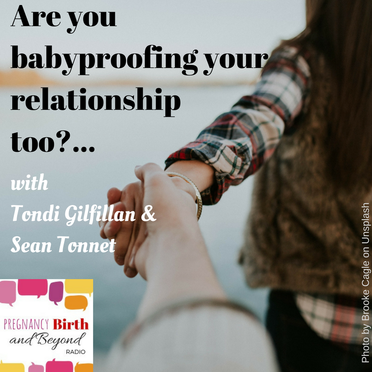
It's little wonder then how many couples find their relationship suffers. One US study* has found within five years of the birth of a first child, 13 percent of married couples divorce. This rate goes up to 39% for defacto couples 5 years after the child’s birth.
It seems that all childbirth preparation should be founded on preparing the relationship for the enormous challenges ahead so both parents can go on the journey of learning the practicalities of birth and parenting together. Tondi Gilfillan, relationship therapist with Interrelate and mother certainly believes in this approach. She points to brain research into how to optimise our learning and adjustment to big changes. "When we make preparations before we go into new situations, we adjust so much more readily." she says.
Sean also points to the need to "upskill as a couple" and to really hone "your dance as a couple". These are the sorts of skills we need ahead of the birth to navigate the complex waters of parenthood.
With Tondi and Sean we also explore the vulnerabilities of new parenthood, the opportunities vulnerability in fact brings us, and how to manage our expectations. They key is to talk them through before baby arrives. It's surprising what can come up between you, as Tondi reveals in this interview.
Sean also speaks frankly about men's adjustment to fatherhood and the need to make the massive step up into the role. "We need men with a backbone and a heart." says Sean. We also hear from Sean about men's expectations for sex and intimacy after birth, what can really lie behind these expectations and offers another point of view that he believes sets the stage for a deeper, more rewarding and exciting relationship.
Listen to our whole discussion from the podcast link below.
Further reading: "Becoming Us" by Elly Taylor
* https://www.babble.com/relationships/breaking-up-after-baby/
NE PLUS ULTRA
Meaning... the perfect or most extreme example of its kind; the ultimate. Or at least, that is what we aim for. This here is our news segment of the website. Check back in every now & then for a read of what we find as the ultimate and most relevant news in Pregnancy, Birth & Beyond.
Authors
The authors of this segment are varied, each post will indicate the author of that particular post. For more information about our team, visit here
Archives
February 2019
January 2019
December 2018
October 2018
September 2018
August 2018
June 2018
May 2018
April 2018
March 2018
February 2018
December 2017
November 2017
October 2017
September 2017
August 2017
July 2017
June 2017
May 2017
April 2017
March 2017
February 2017
January 2017
December 2016
October 2016

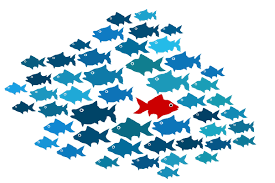
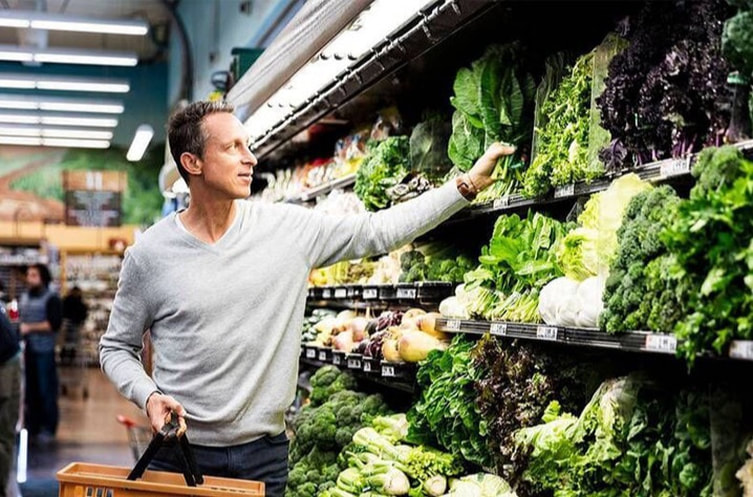
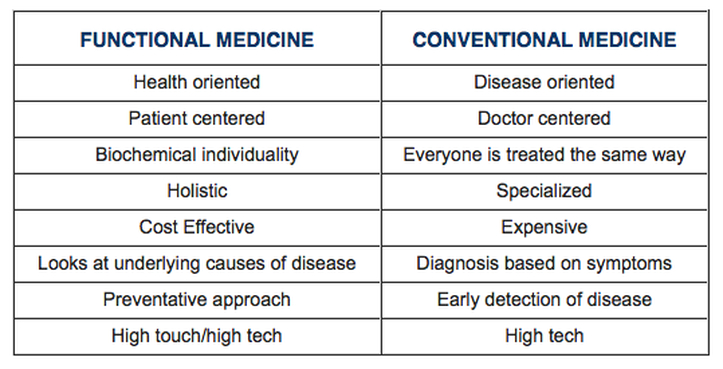
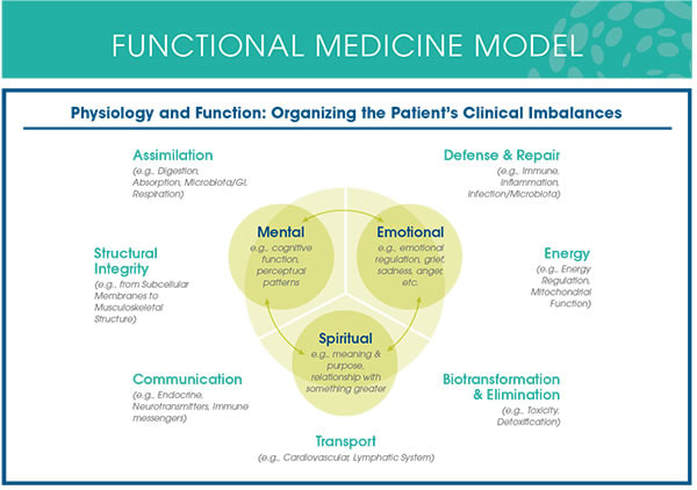
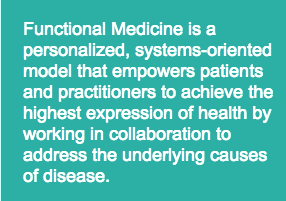
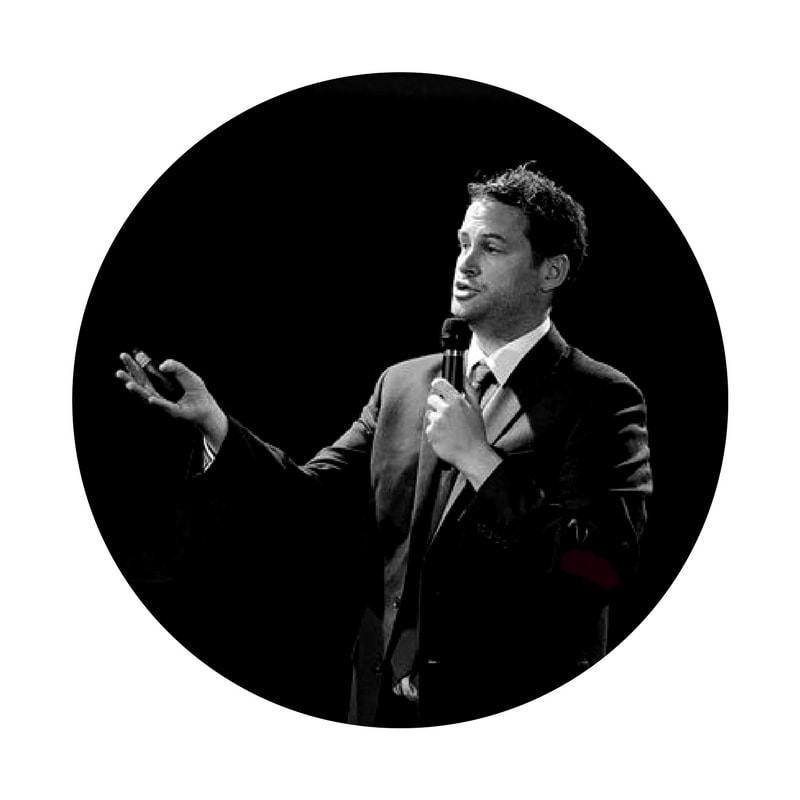
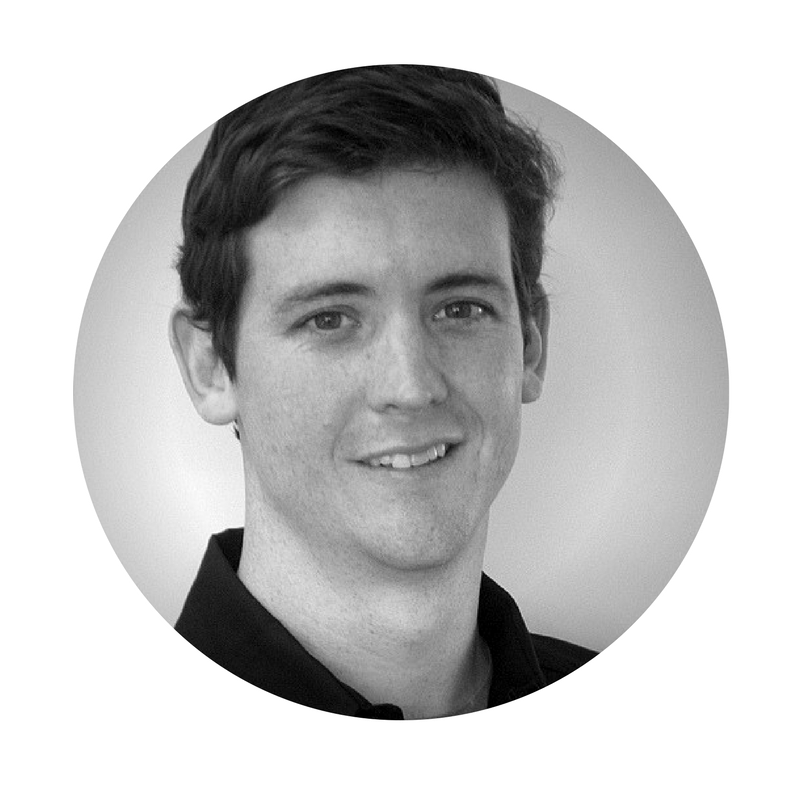
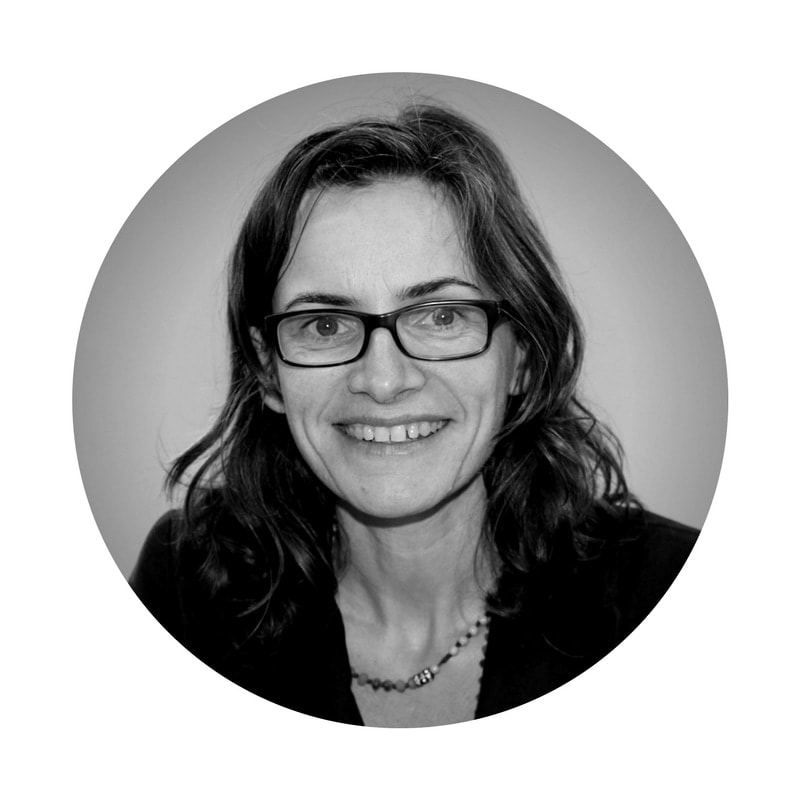
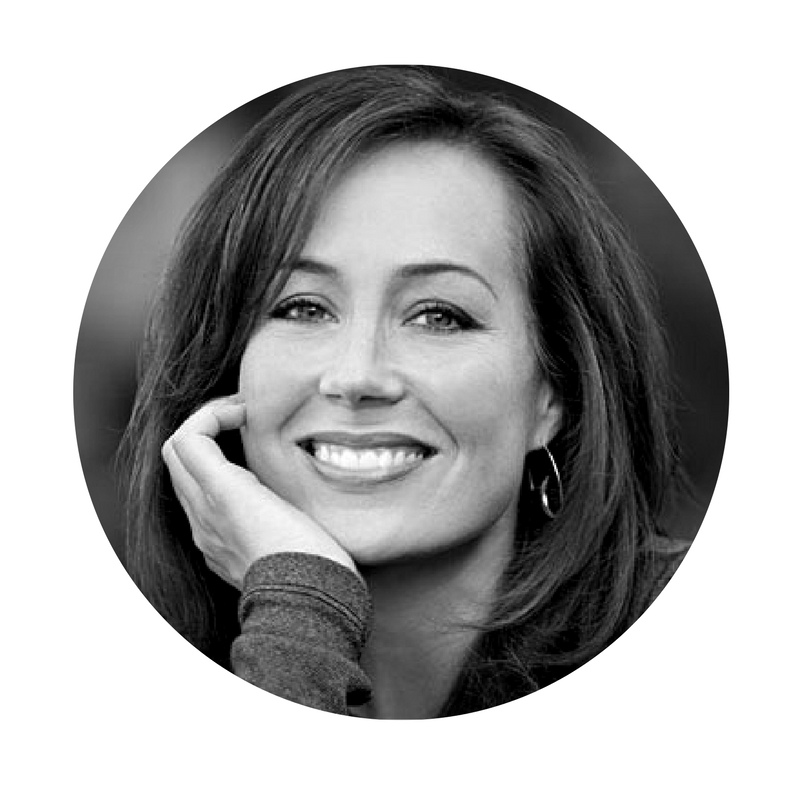
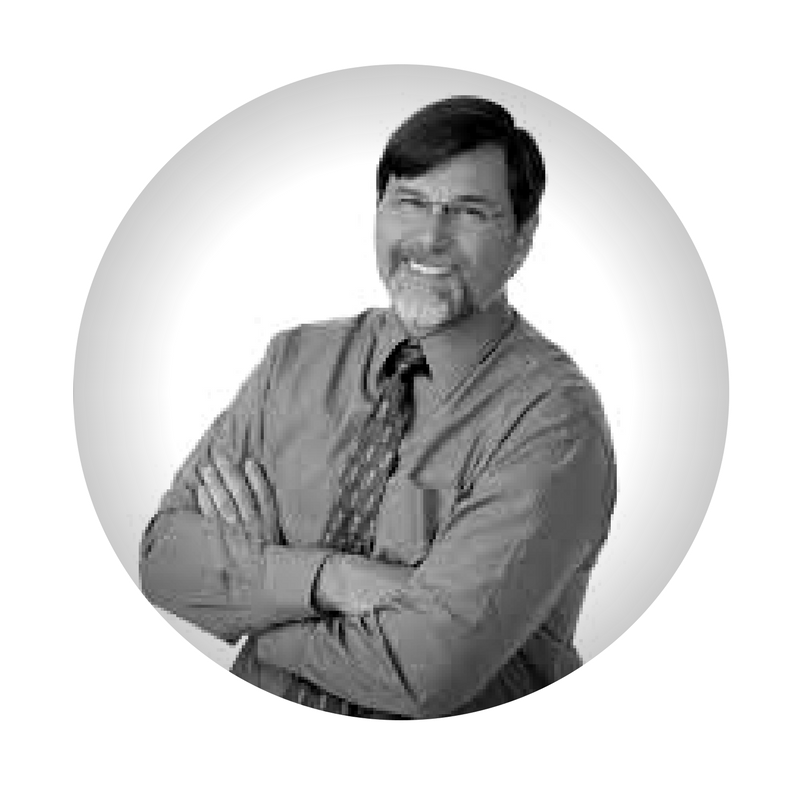
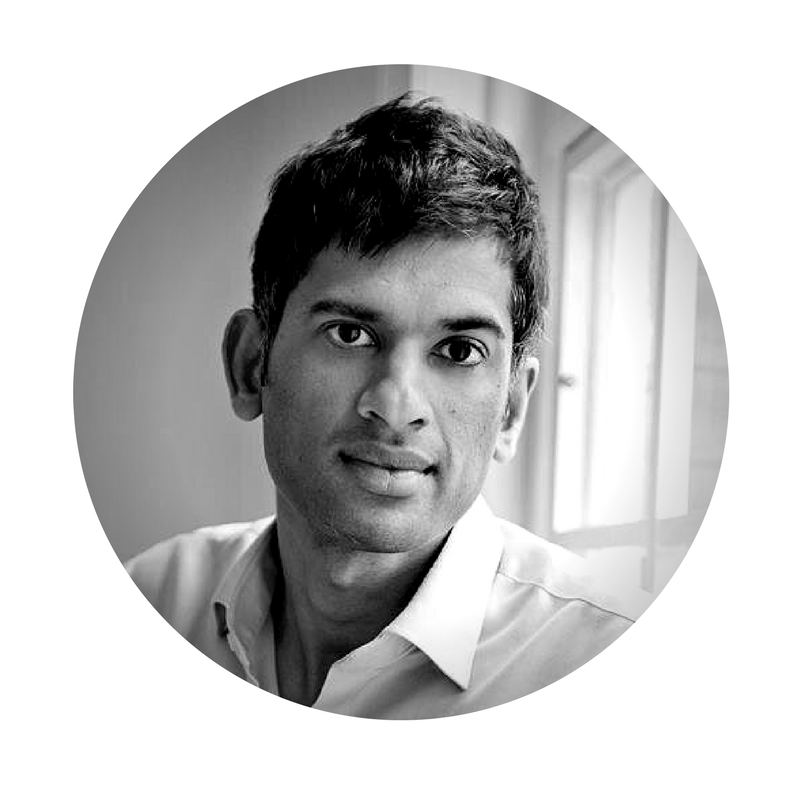
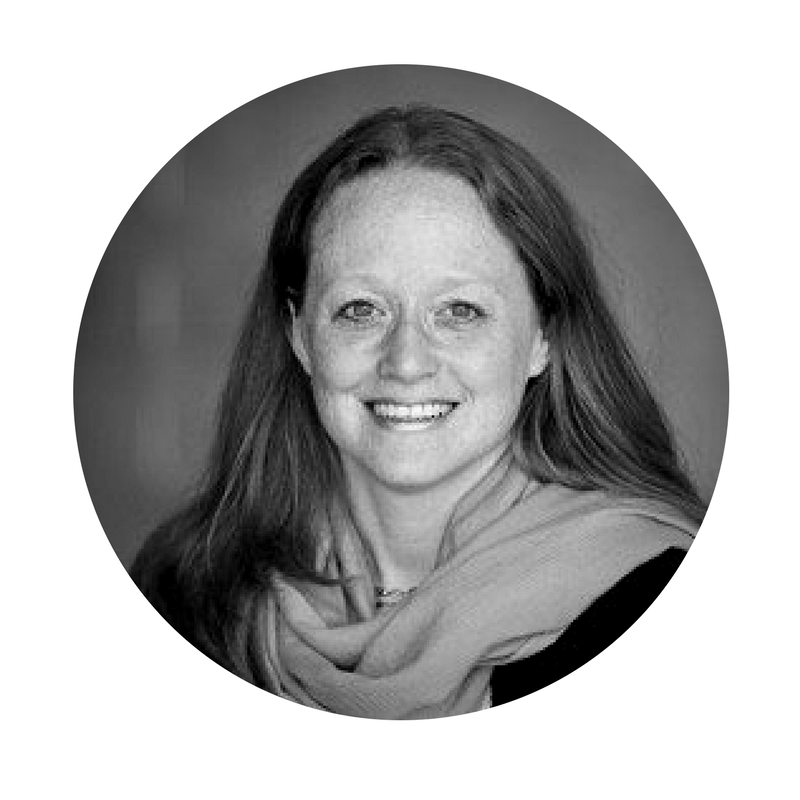
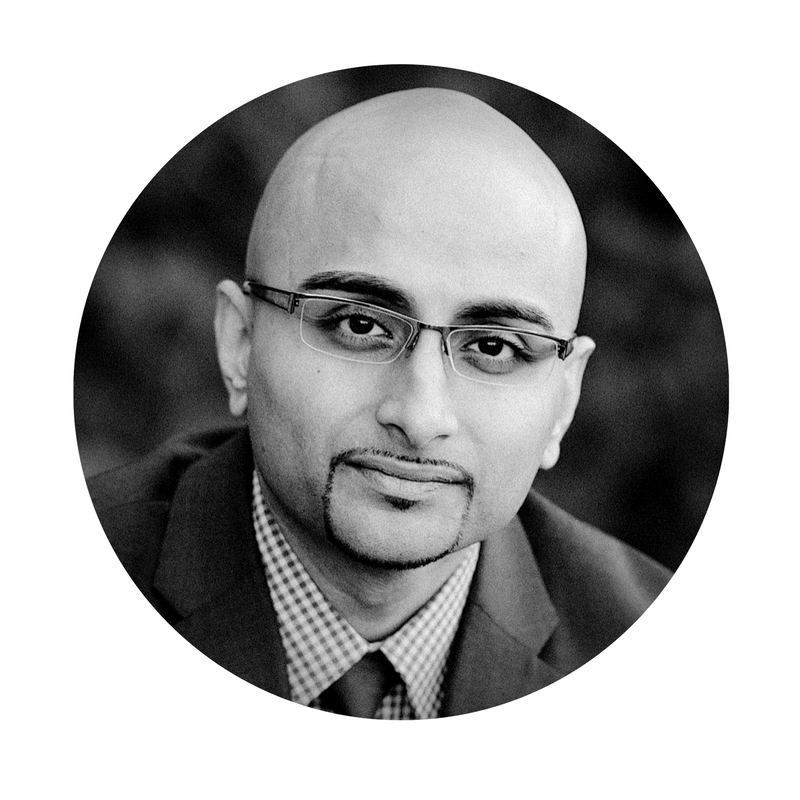
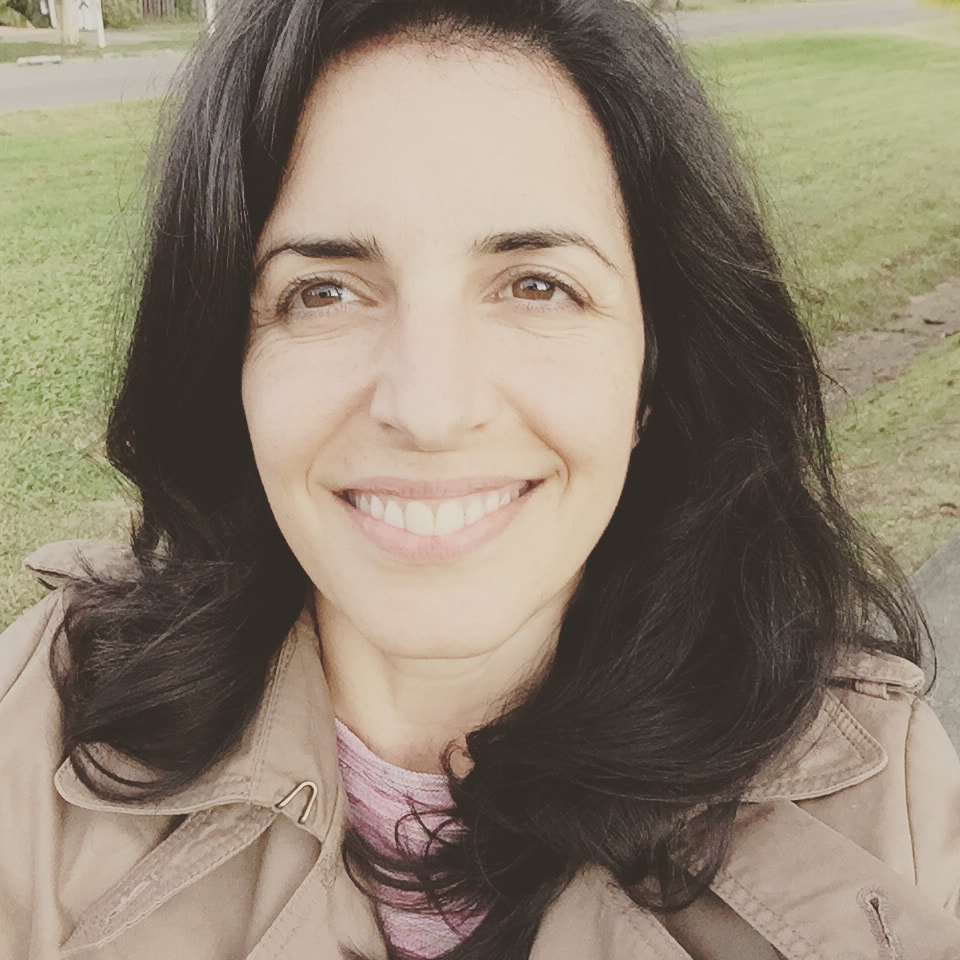

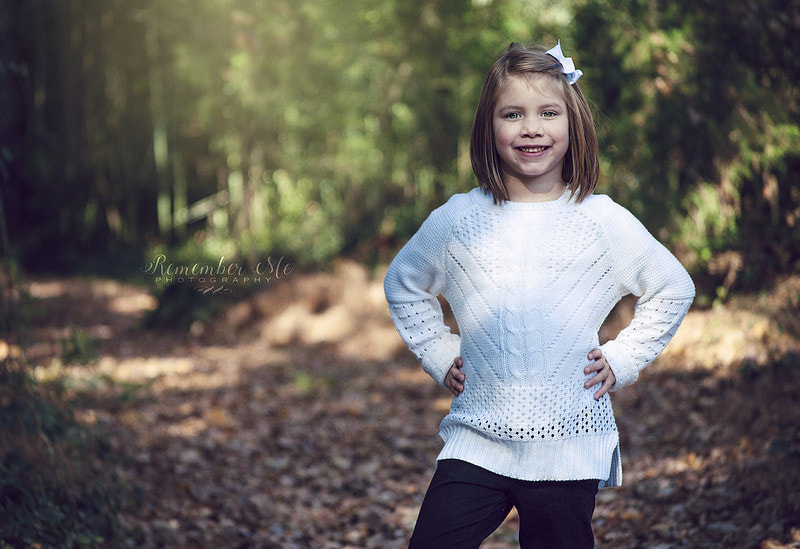
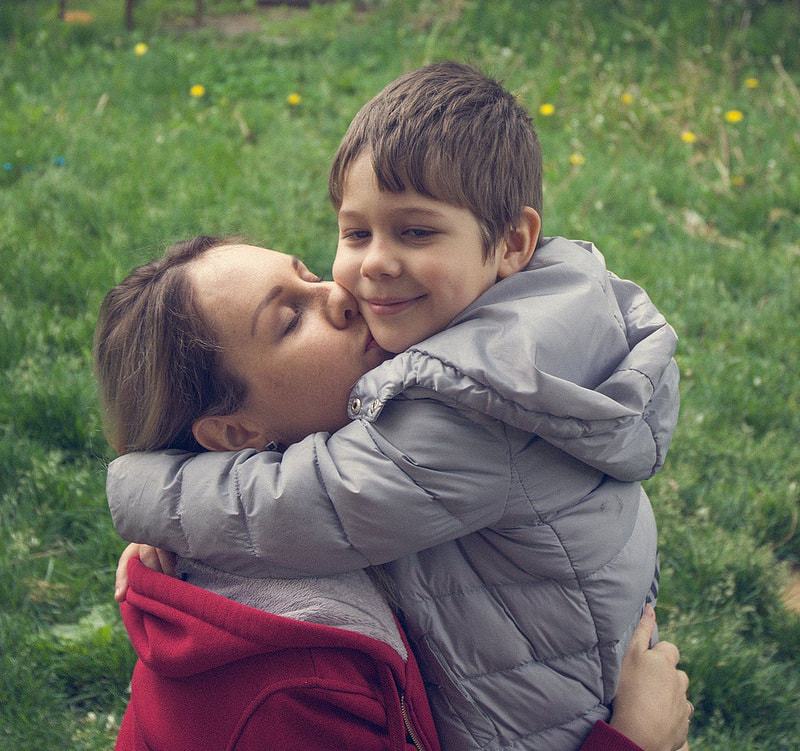
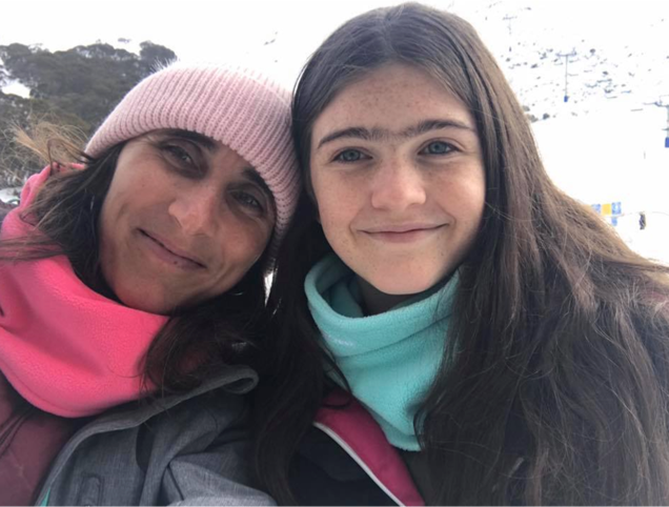
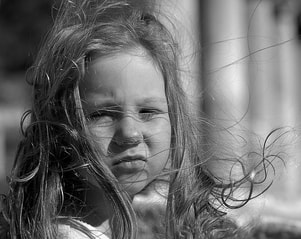
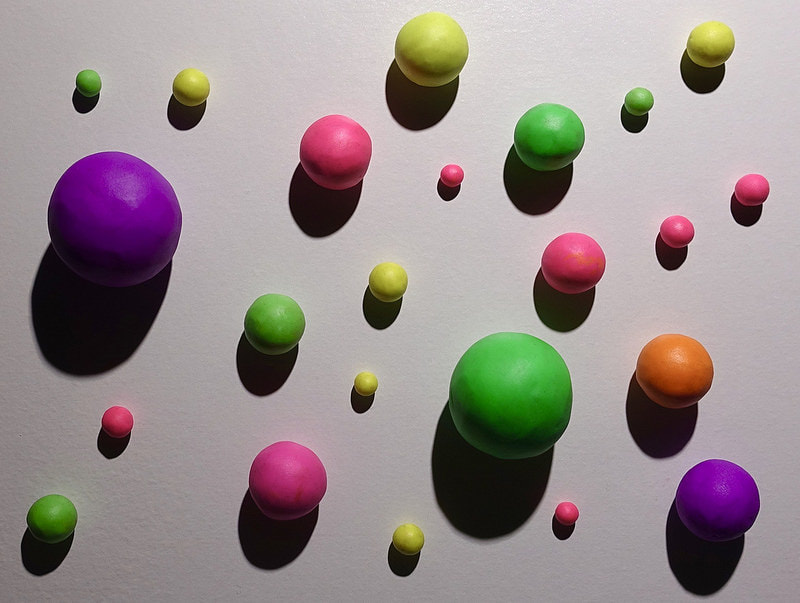
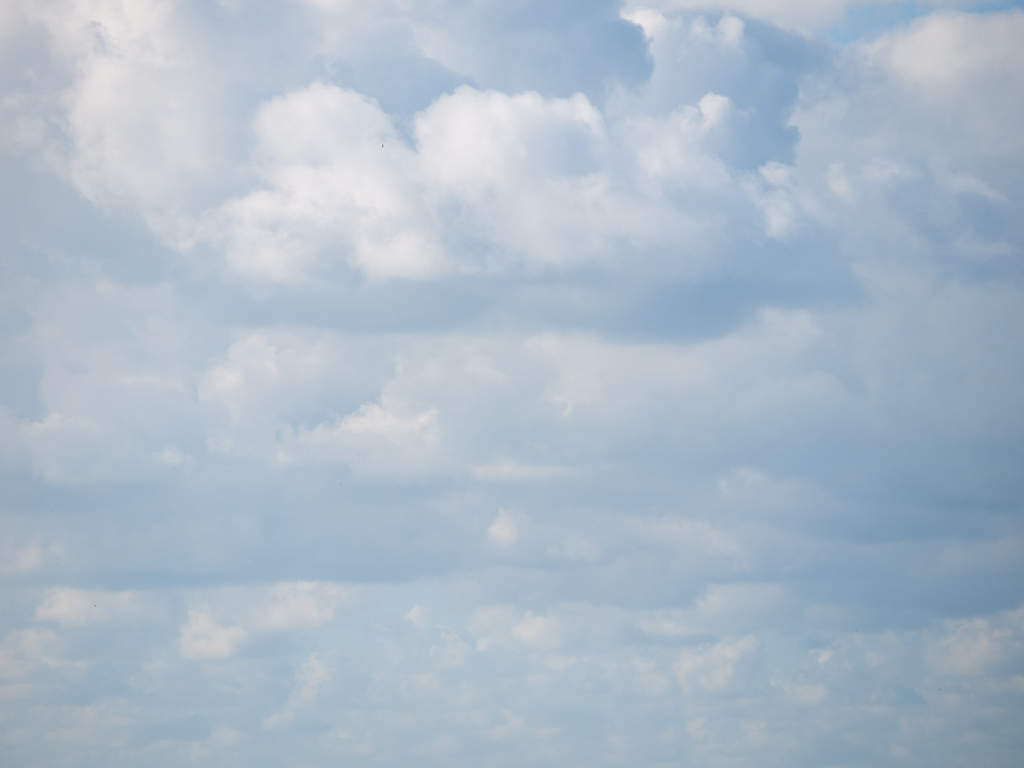

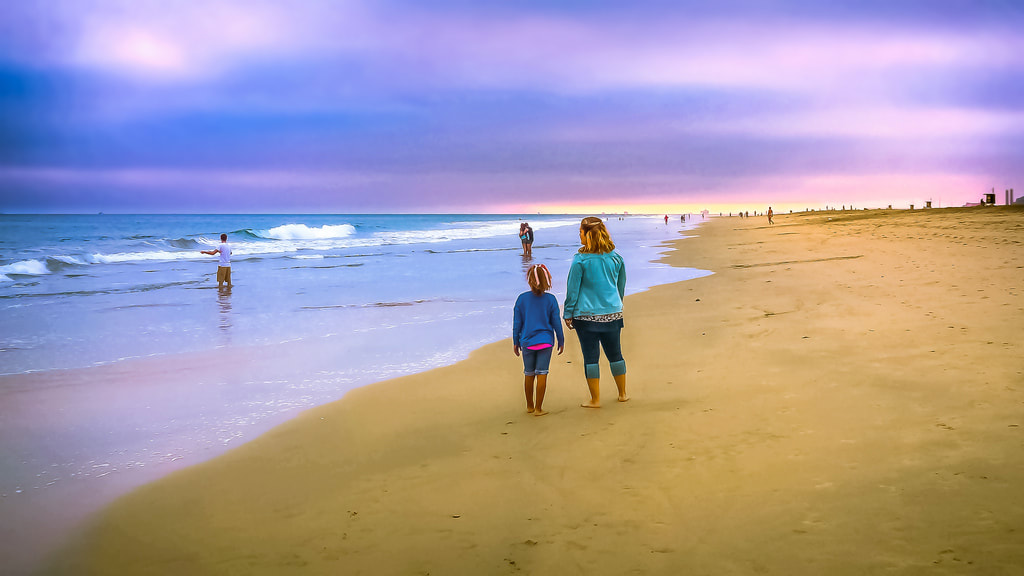
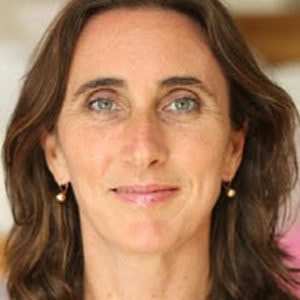
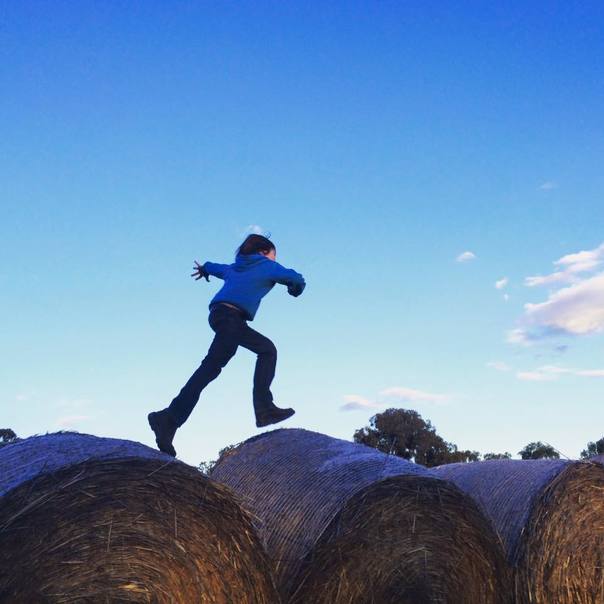
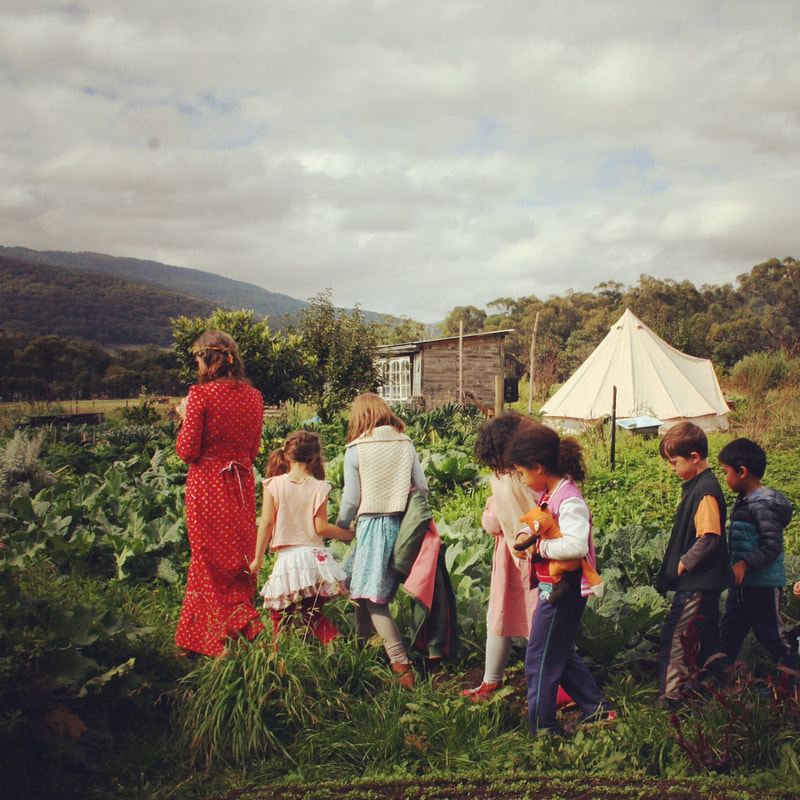
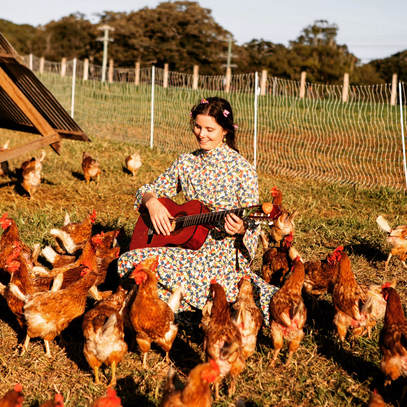
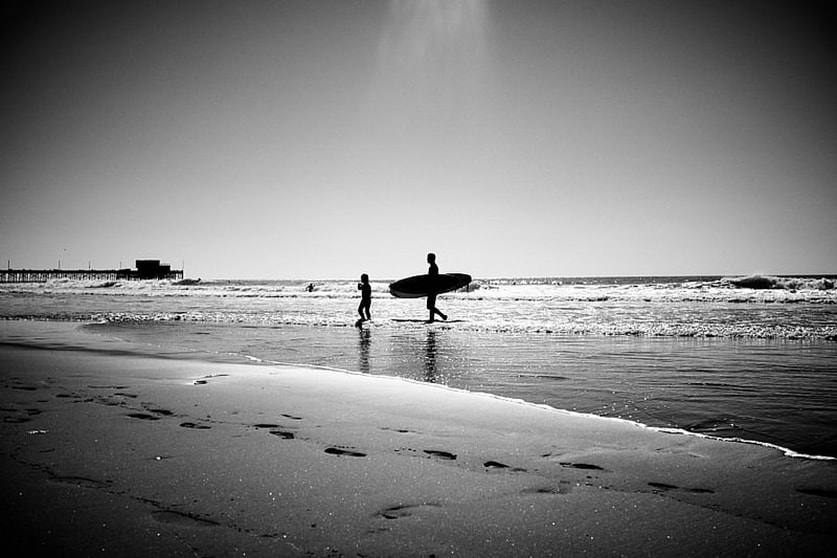
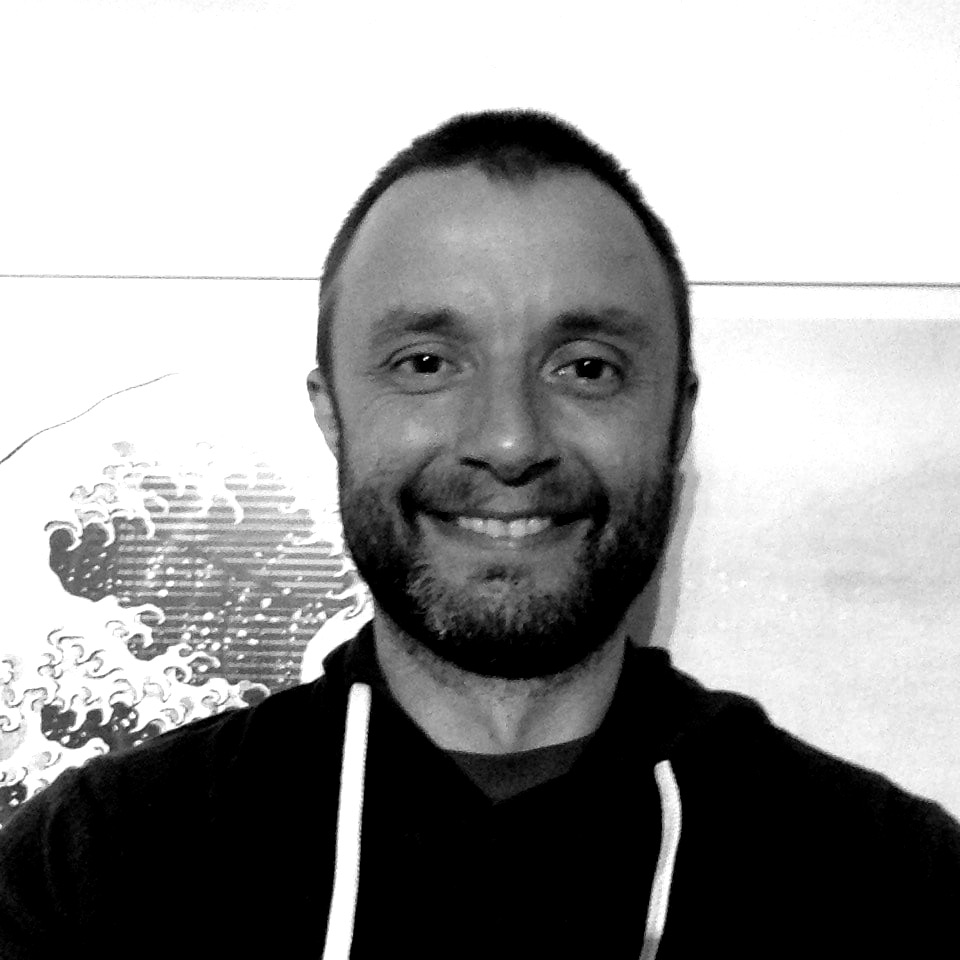
 RSS Feed
RSS Feed